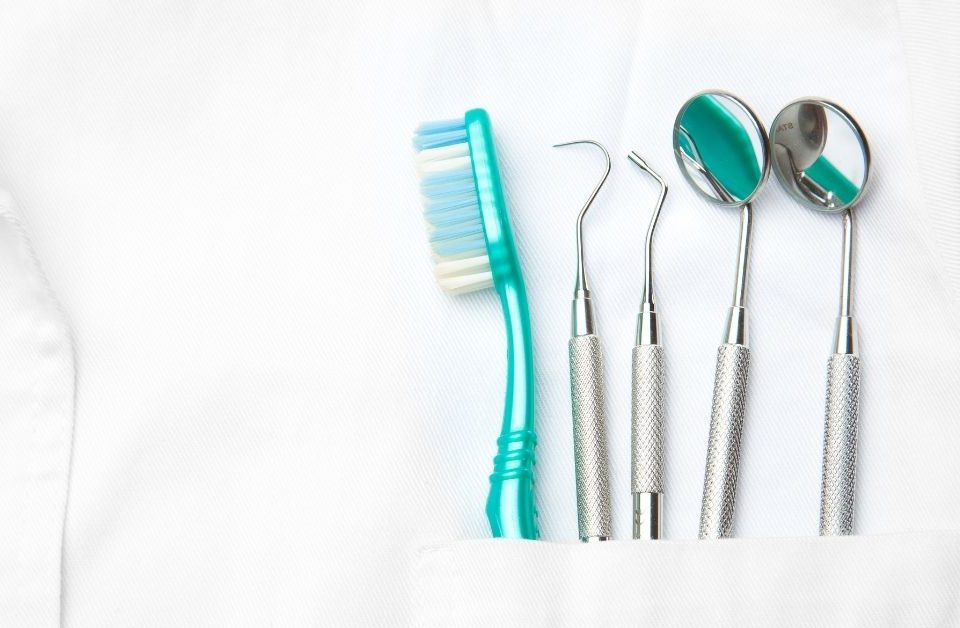Dental hygienists love it when they make suggestions to patients about home care and their dreams are answered when the patient returns 6 months later with noticeable improvement. It might be as simple as adding a good electric toothbrush or waterpik to the patient’s regimen. I would like to say that we are amazed daily by the fruits of our counseling, but that isn’t the case. For whatever reasons there are, changing routines is often difficult.
Over 10 years ago I wrote a column about an article I saw in a magazine, which is apparently also a book, entitled “Change or Die”. What if you were given that choice? What if the doctor said you had to make tough changes in the way you think and act – or your time would end soon? Could you change? Here are the scientifically studied odds: nine to one. That’s nine to one against you. I don’t think we have made much headway on this over the past 10 years.
It’s a pretty common theme. As Americans, we’re dying at a rapid rate from five basic self-induced health problems. We eat too much. We drink too much. We smoke too much. We have too much stress. And, we don’t exercise enough. These five poor choices, manifested in scores of ailments, consume the vast majority of the nation’s healthcare budget. The article is an outpouring of concern from healthcare experts and doctors, all looking for a way to change the behavior of people who love their lifestyle so much that they literally die from it.
In a Johns Hopkins study a while back, 9 of 10 heart surgery patients chose to return to their unhealthy lifestyle, rather than make the changes needed to live longer. Only a few are convinced by their doctors to make radical daily changes. One of the more successful doctors with this is Dr. Dean Ornish, founder of the Preventive Medicine Research Institute. He says NO to meat, fatty dairy products, alcohol and oil. His vegetarian diet is low-fat, high-maintenance and strict. And, it has been shown to reverse heart disease and other factors in patients who were destined for quadruple bypasses – or worse, eternal sleep.
When 90% of patients are back to their old tricks within weeks of open-heart surgery, his program is the one making a difference. How does he do it? Well, it’s easy, really. Dr. Ornish coaches his patients to make changes strictly for the benefit of making them. Instead of telling them they must change or face death, he encourages them to change so that they can enjoy the endless beauty of living. With dedicated support, three-quarters of his patients are still going strong three years into their drastic lifestyle shift. I’m sure it is deeply gratifying to know that it only takes words said a certain way to make a true change in someone’s life.
Why is it so difficult to get people to change? Well, it depends. You have to be sick and tired of being sick and tired, usually, before you’ll make the leap and let go of whatever the resistance is to change. For many, doing more preventively never happens. We wait for chest pain to strike or a toothache to occur before seeking help to solve our crisis problem. Then we hope, and many times expect, that our problem can be solved easily and not too much will have to change to prevent it from happening again.
Dr. Ornish would tell you the change must be profound. He would tell you to never have another cheeseburger. Your hygienist would say you need to follow a new strict homecare routine, radically different than what you currently do. Making changes like these has to mean more to you than the change itself. You must be invested in improving the quality of your life.
Dr. St. Clair maintains a private dental practice in Rowley and Newburyport dedicated to health-centered family dentistry. He has a special interest in treating sleep apnea and TMJ problems. If there are certain topics you would like to see written about or questions you have please email them to him at jpstclair@stclairdmd.com
Health Requires Accountability
Monday April 19, 2021




